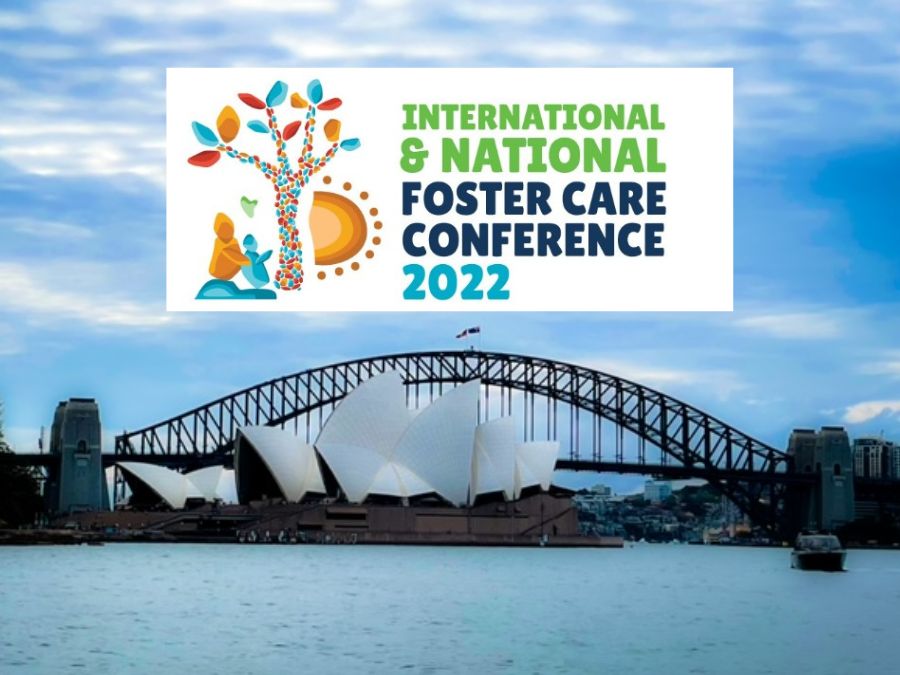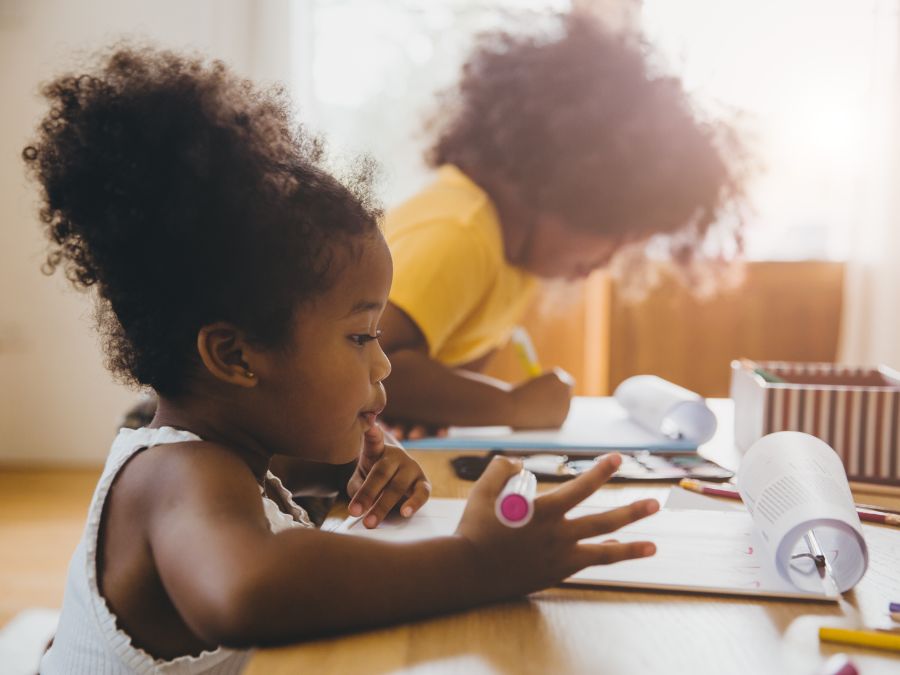
HOPE National Resource Center Director, Bob Sege, went to Darwin Australia two weeks ago. Below is his firsthand experience and impression of how international foster care organizations are practicing the HOPE framework.
I recently gave a keynote address at the International Foster Care Organization’s annual meeting in Darwin Australia. This was their first in-person meeting since 2019.
About half of participants were foster parents, while the other half worked for foster care organizations. Many people were both raising children in foster care and working in foster care systems. In addition, there were many children in the foster care system present at the meeting, who were enjoying their time with family and friends at the beautiful Darwin harbor.
Yet, when you look at things through their eyes, children placed in out of home care have experienced adversity. Children’s journeys through foster care vary and may include additional disruptions. Foster care placements can vary from short emergencies or last many years. Some children experience multiple foster homes, some maintain contact with their families and communities of origin, while others cannot.
The HOPE (Healthy Outcomes from Positive Experiences) framework shifts the focus from adversity to strength and resilience. Those providing care for children in the foster care system can create opportunities or build on existing positive childhood experiences, adding an additional dimension to the usual focus on diagnosis and treatment of trauma-related needs. Children, even those with mental or physical ailments, benefit from positive experiences.
The 90-minute keynote address described the HOPE framework and allowed opportunities for the audience to interact. The presence of 600 audience members suggests that HOPE resonates with people from many cultures, and in many different roles within the child welfare system. Based on the questions asked in the discussions – and in informal conversations throughout the meeting – people involved in the child welfare sector fundamentally understand the importance of creating positive experiences for children.
In Australia, aboriginal children are overrepresented among those in, out of home care, most often with non-aboriginal parents. There are 260 aboriginal nations within Australia, with their own histories, customs, and languages. It is important to help children develop pride in their origins, and a sense of belonging in their community. Creating opportunities for engagement with a child’s community and family of origin can help with child development and create healthy supportive environments; engaging two of the Four Building Blocks of HOPE.
At a youth panel, young people describe their experiences in foster care and shared suggestions for improving foster care. Many of their comments focused on this issue of continuity, belonging, and stereotyping. A young woman described how her school counselor discouraged her from pursuing a rigorous academic program because of her status as a foster child and different ethnic origin. She described how she pushed back against his low expectations and was now in her sophomore year in a four-year college. Creating a positive and supportive environment includes identifying our biases and helping to develop common goals.
The next day brought a working session of the 600 delegates, organized into small groups to discuss child and family stories. These discussions followed the UCSF TRIAD approach. Participants analyzed the case information and identified adversity the child may have experienced, their current distress, and the strengths that could be brought to promote healing. In particular, they analyzed how those serving children in the foster care system can bring positive childhood experiences to promote healing. The experience was almost overwhelming: hundreds of people, with vastly different experiences, deeply engrossed in the discussion. When I asked by show of hands whether the discussions were helpful, virtually everyone raised their hand.
The experience of presenting the HOPE framework, using it to develop a working session, and many opportunities for informal feedback throughout the meeting, reinforced the utility of using the HOPE framework to address the needs of the child welfare system and the individuals involved in it. We will be working with our newfound friends and colleagues and rolling out new materials, and approach it to support children and care, their careers, and the systems in which they work.


